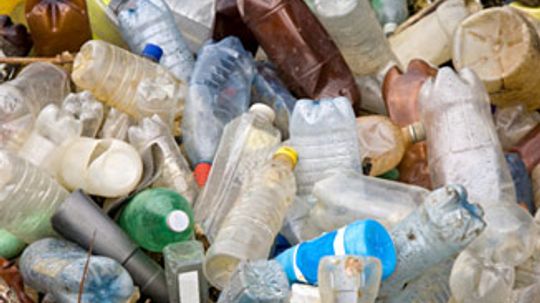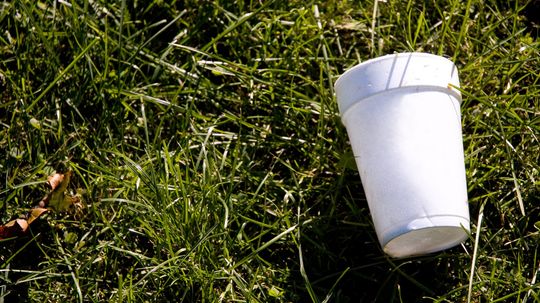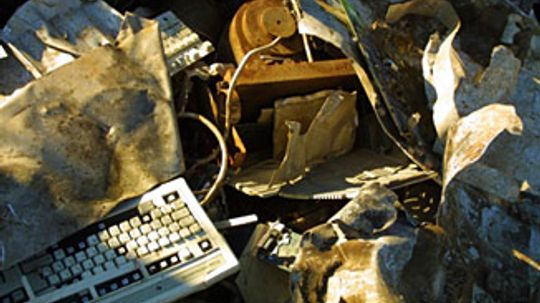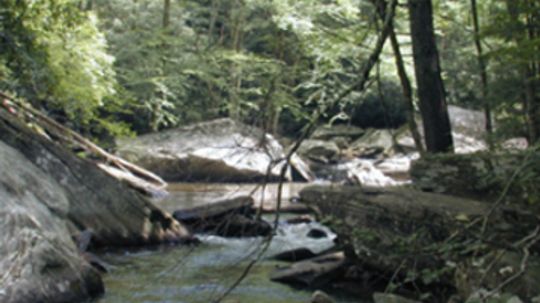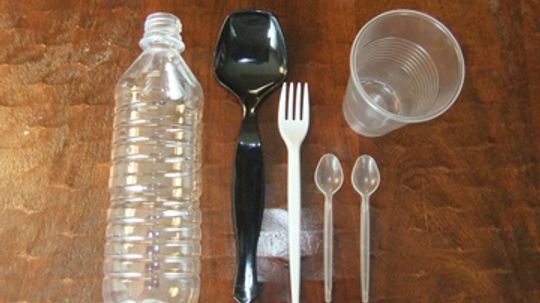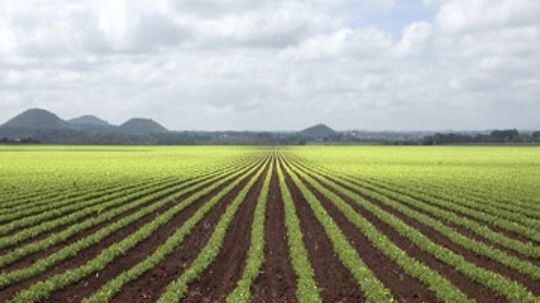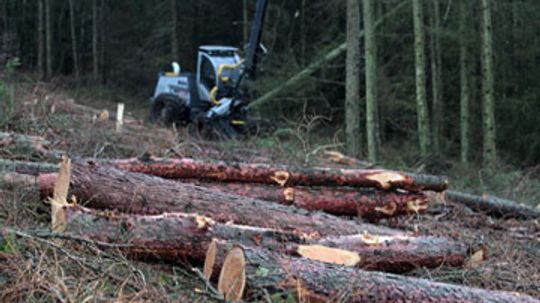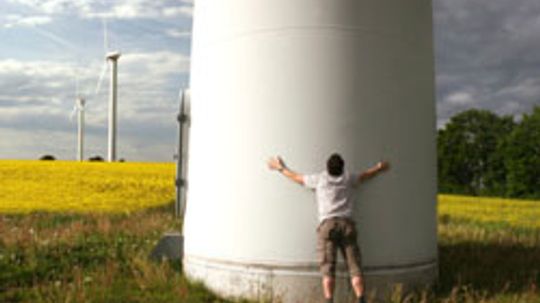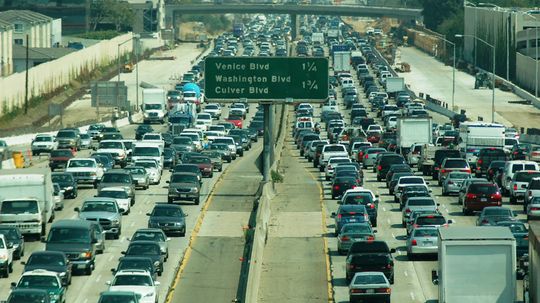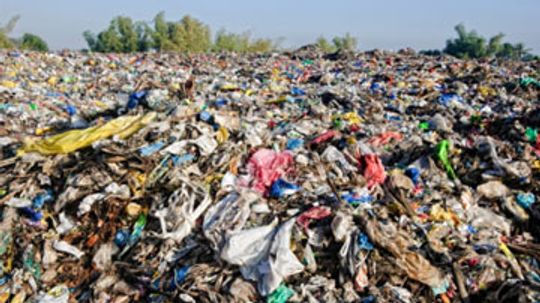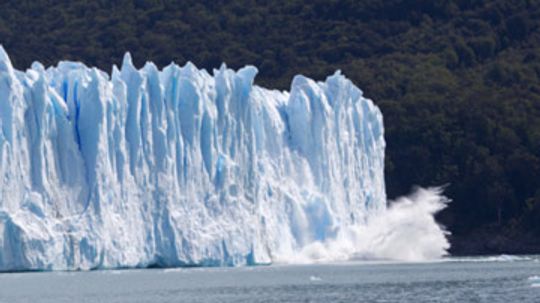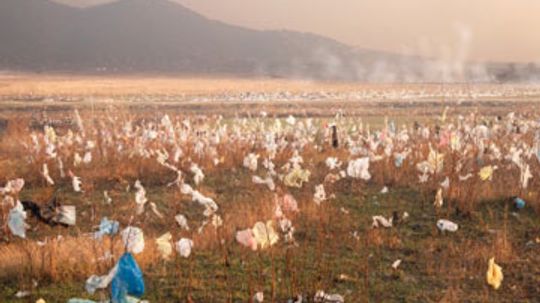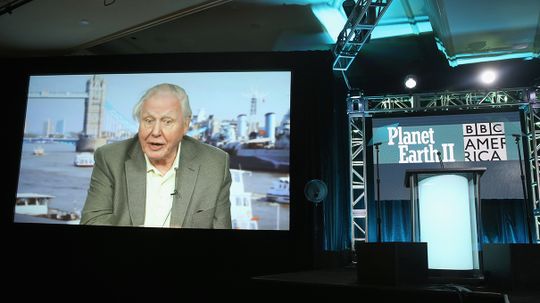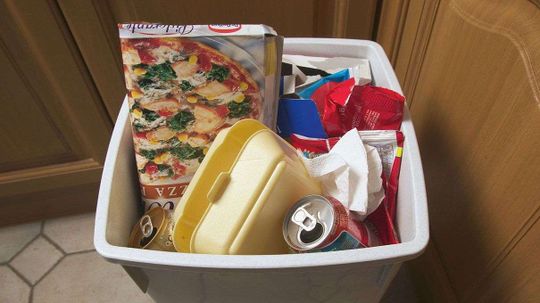Green Science
Green Science is the application of eco-friendly thinking to scientific disciplines. Learn about global warming, pollution and other impacts on nature and the planet, plus what we can do to combat them.
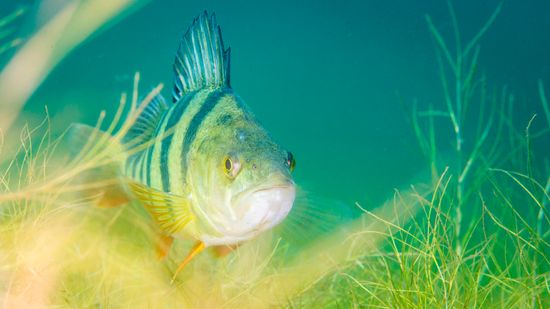
The Fish Doorbell Isn't a Joke ... Seriously
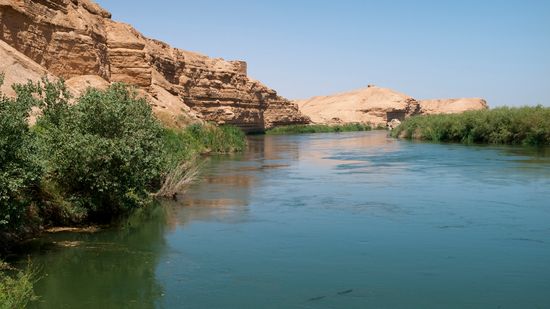
The Euphrates River, at the 'Cradle of Civilization,' Is Drying Up
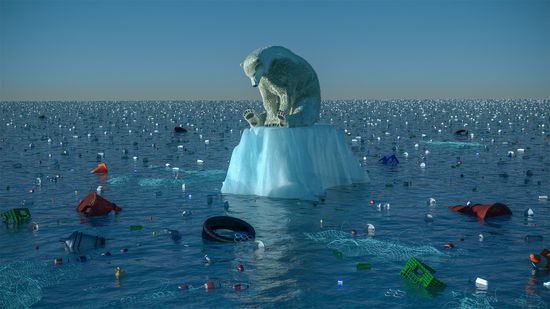
Study Says 2035 Is Climate Change Point of No Return
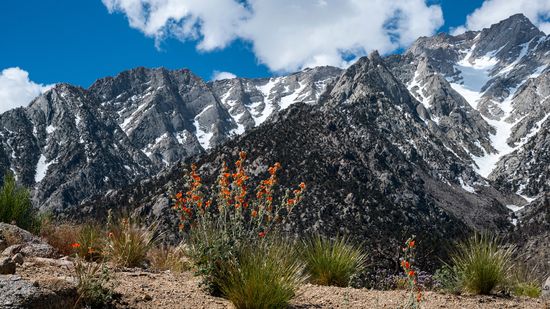
What State Has the Most Mountains in the U.S.? 8 Peak Records
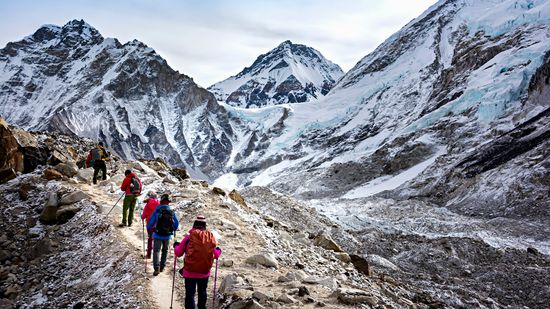
The Most Dangerous Mountain to Climb (and 14 Giving Steep Competition)

15 Types of Gemstones to Add a Little Sparkle to Your Life
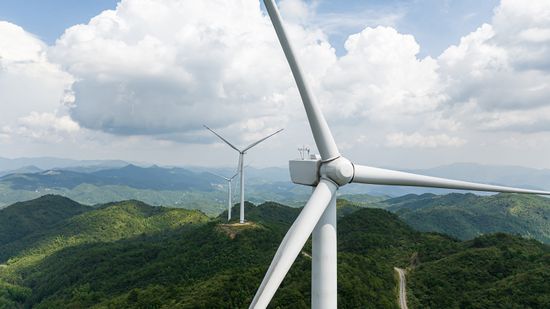
How Many Birds Are Killed by Wind Turbines, Really?

How a Lithium Mine Works and Impacts Local Communities
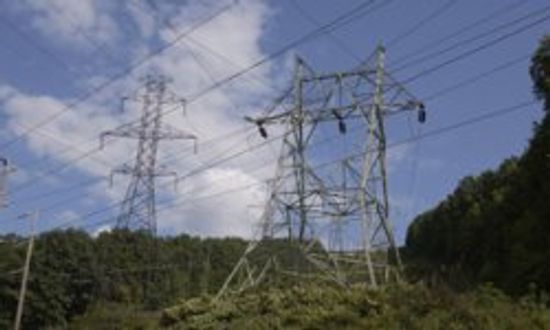
How to Sell Electricity Back to the Grid
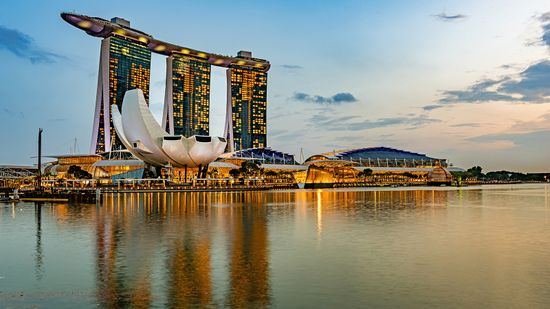
6 Most Futuristic Cities Powered by Renewable Energy
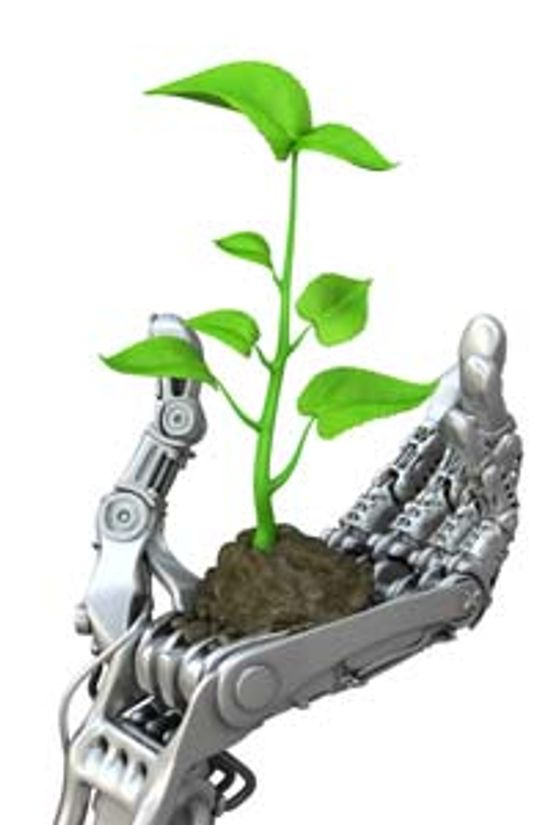
Top 5 Green Robots
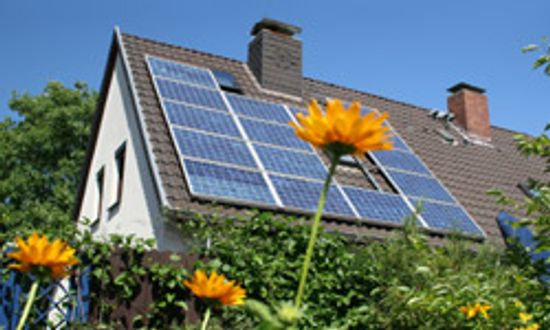
5 Things to Consider When Building a Solar-powered Home
Learn More / Page 5
Lots of people consider recycling to be kind of a no-brainer, something we all should do. It's good for the environment, it re-uses materials rather than creates new ones, it reduces landfills - the list goes on and on.
Polystyrene -- the plastic used in items ranging from plastic forks to take-out boxes to life rafts -- can be recycled, but not without costs. What does it take to recycle polystyrene?
By John Kelly
What's the smartest step you can take to help reduce pollution and live in a more sustainable way?
By John Kelly
Advertisement
The automobile is one of the most important inventions of the past 150 years. This is not only because it provides convenient personal transport and great independence through mobility, but also because of the problems it can cause.
By Jane McGrath
Landfills have long been the final destination for garbage, but as they start to fill up, we're left to find ways to reduce our waste. What challenges are involved, and why isn't reducing waste as easy as it sounds?
Although a certain amount of carbon dioxide (CO2) occurs naturally in the Earth's atmosphere, there are several human activities that increase levels of the greenhouse gas.
Sunlight can break plastic down but not very fast. Is there a way to speed up the process so that natural environments like this one aren't cluttered with plastic debris for centuries?
Advertisement
The green movement isn't going to die just because the world ends. In fact, sustainable types might even have a leg up post-apocalypse. Here's how.
By Robert Lamb
Invasive species are found around the globe, and their presence outside of their native areas is damaging the world's ecosystems and threatening biodiversity. Some -- like the five on this list -- seem almost unstoppable.
Plastic's handy, hardy stuff, but we don't want to leave piles of old forks and water bottles for future generations to trip over. Can special additives that break down plastics faster save the day?
There's no way around it: The world is currently gripped by a global energy crisis. As scientists scramble for answers, hydrogen energy has emerged as a great, yet flawed solution.
Advertisement
As the world deals with a global food crisis, farmers need to figure out how to grow crops in a clean and sustainable way. What does sustainable agriculture accomplish that conventional farming can't?
By Dave Roos
The world's forests hold some of its most precious natural resources -- its trees. Sustainable forestry encourages attention to the forests' long-term health so they retain their value.
In the race to find alternative energy sources, wind power is a strong contender. In fact, it's already making its mark. How much do you know about this up-and-coming energy source?
By Lance Looper
Not only do cars produce a large portion of the world's pollution, but airplanes, boats, trucks, trains and buses also contribute to pollution. Is there one magic solution to pollution?
By Eric Baxter
Advertisement
That's the goal for these minuscule technologies with their array of seemingly miraculous materials, supernatural conductivity and paranormal photonics. Can you name one?
Recycling proponents tell us that everything that can be recycled should be. Some items, however, can use more energy to recycle than it would cost to make new ones. Are we better off throwing some things away?
Most scientists agree that human interference in the environment has something to do with the recent trend of rising temperatures on the Earth. If we got ourselves in this pickle, what can we do about it?
Found in everything from plastic shopping bags to water bottles to adhesives, paints and DVDs, industrial resins tend to have a bad rap when it comes to their environmental impact. Can new, sustainable options turn their image around?
By Chris Warren
Advertisement
You probably think all parasites are disgusting little critters, but that's not always the case. Several are actually critical to the planet.
By Mark Boyer
Rising sea levels, increased flood and extreme heat are all signs of climate change. Cities are trying some innovate strategies to cope with and mitigate these events.
By Dave Roos
Getting your home to zero waste doesn't have to mean re-structuring your entire life. Sure, you'll have to make changes, but most of them are surprisingly easy.
By John Donovan
A new 'atlas' of light pollution finds that one third of people on Earth can't see the night sky's most dramatic feature.
Advertisement
Buckingham Palace announced that Queen Elizabeth II is making changes to the Royals solid-wasted plan, and that includes banning many plastics.
The experts have seen people trying to recycle bowling balls and curling irons. They call it 'wishful recycling'. But paper and plastic items can be problematic too.
By Dave Roos
